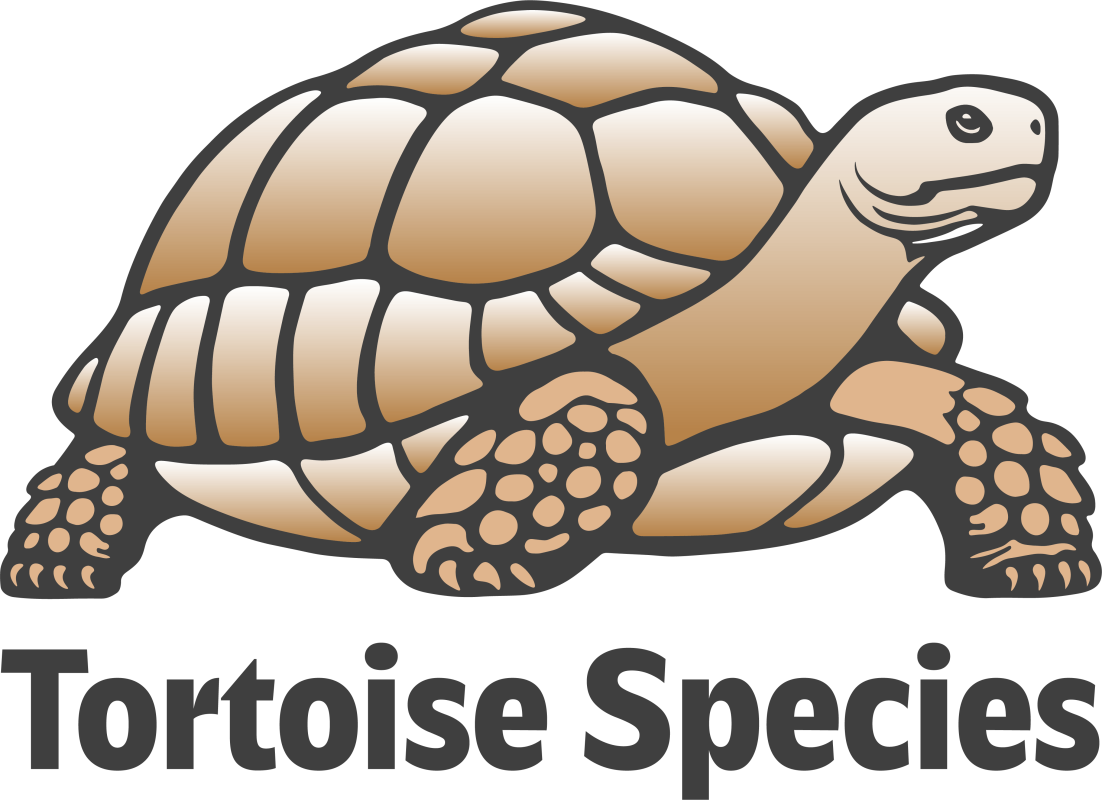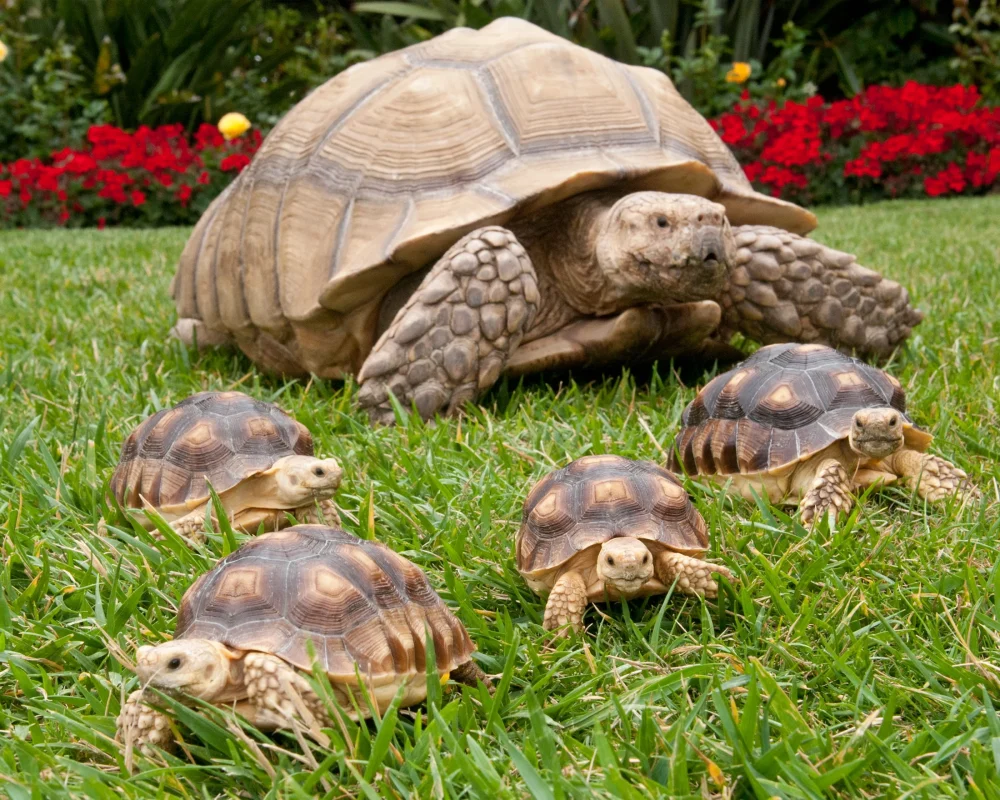About
The sulcata tortoise, also known as the African spurred tortoise or Geochelone sulcata, is a fascinating reptile that has become increasingly popular as a pet. These gentle giants are known for their long lifespan, unique personality, and specific care requirements. In this comprehensive guide, we’ll explore everything you need to know about caring for a sulcata tortoise, from diet and housing to health concerns and behavior.
Diet and Nutrition
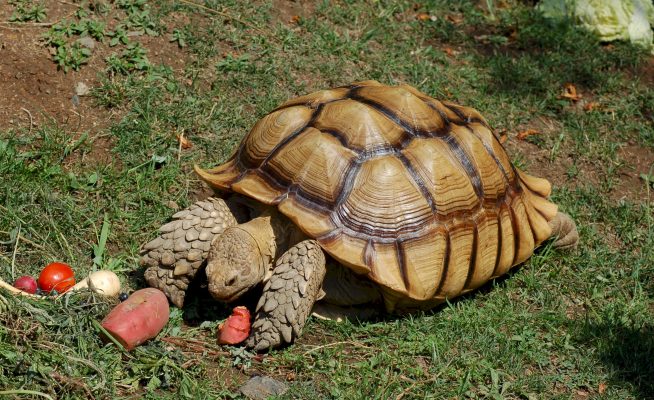
Sulcata tortoises are herbivores that require a high-fiber, low-protein diet. As a responsible pet owner, it’s crucial to understand their nutritional needs:
- Grasses and Hays: At least 75% of a sulcata tortoise’s diet should consist of grasses and hays. This high-fiber content is essential for their digestive health.
- Leafy Greens and Vegetables: Supplement their diet with dark leafy greens and vegetables. These provide additional nutrients and variety to their meals.
- Fruits: Offer small amounts of fruits as occasional treats. However, due to their high sugar content, fruits should be given sparingly.
- Foods to Avoid: Steer clear of foods high in oxalates and protein, as these can be harmful to your tortoise’s health.
- Supplements: Provide calcium and vitamin supplements to ensure your sulcata tortoise receives all necessary nutrients.
Housing and Environment
Sulcata tortoises thrive in outdoor enclosures, especially in warm climates. Here’s what you need to know about setting up the ideal living space:
- Enclosure Size: Provide a large, secure enclosure that allows for plenty of movement and exploration.
- Hide Box: Include a hide box where your tortoise can retreat for privacy and security.
- Terrain: Offer varied terrain within the enclosure to mimic their natural habitat and encourage exercise.
- Temperature: Maintain daytime temperatures between 85°F and 100°F, with nighttime temperatures around 70°F.
- Humidity: Keep humidity levels at 40-60% during the day and 70-80% at night.
- Substrate: Use a substrate that allows for burrowing, such as a mixture of hay, soil, or other suitable materials.
Health and Lifespan
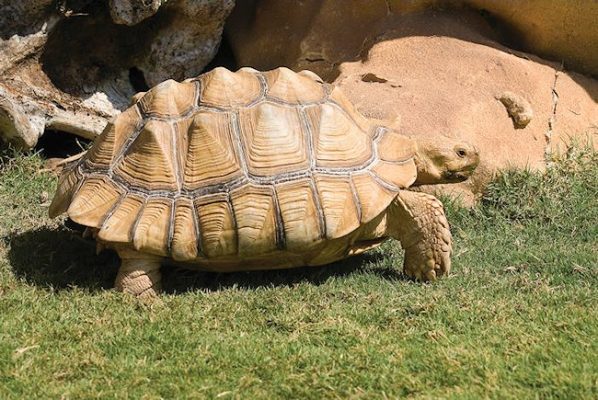
Sulcata tortoises are known for their impressive longevity, with the potential to live over 50 years in captivity and up to 120 years in the wild. To keep your tortoise healthy:
- Regular Check-ups: Schedule routine veterinary visits to monitor your tortoise’s health.
- Common Health Issues: Be aware of potential problems like respiratory infections, shell rot, and metabolic bone disease.
- Proper Handling: Support your tortoise’s entire body when handling, and avoid overhandling to reduce stress.
Behavior and Social Aspects
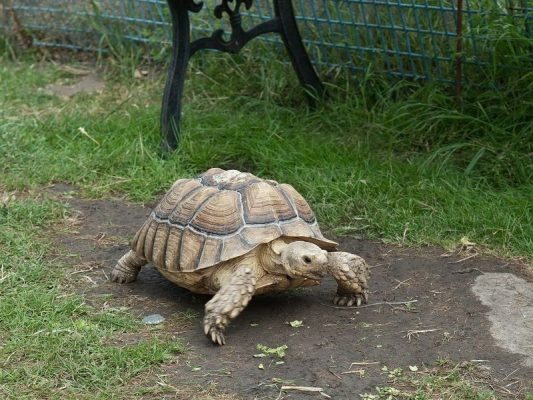
Sulcata tortoises have unique personalities and behaviors:
- Activity Levels: These tortoises are active and curious, often spending their time grazing and exploring their enclosure.
- Social Nature: While generally solitary, sulcata tortoises can coexist peacefully in larger enclosures if properly introduced.
- Defense Mechanisms: They may use hissing, urination, or limb retraction as defense mechanisms when feeling threatened.
Conclusion
Caring for a sulcata tortoise can be a rewarding experience for dedicated pet owners. By providing the right diet, housing, and care, you can ensure your sulcata tortoise lives a long, healthy, and happy life. Remember to always consult with a veterinarian experienced in reptile care for personalized advice and regular check-ups.
